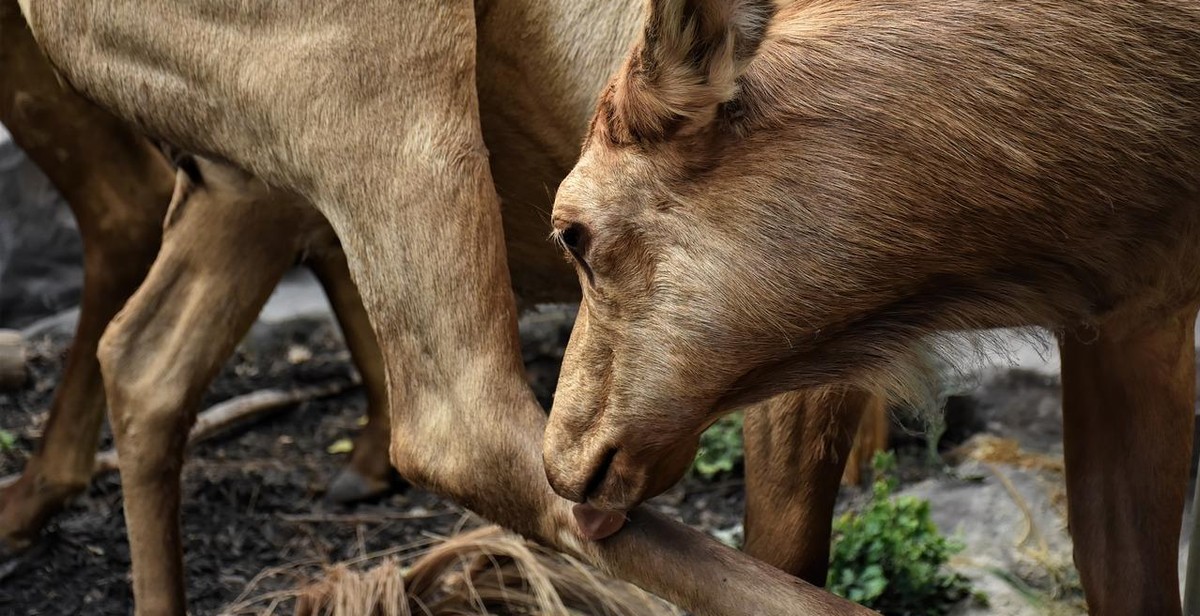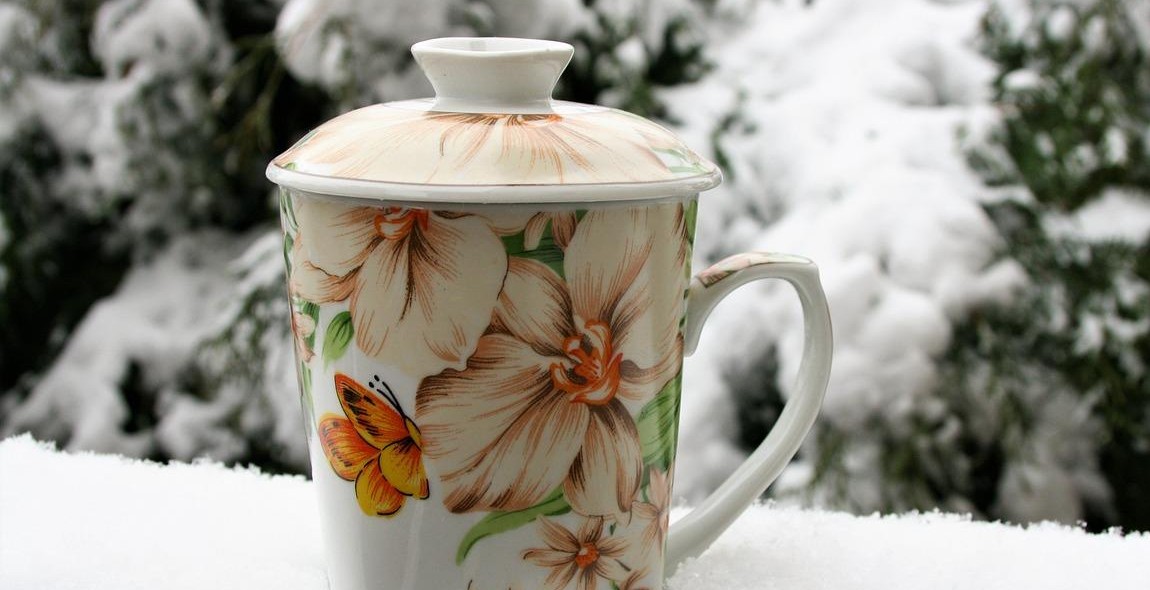How to Care for Mules: Feeding, Grooming, and Health Maintenance
Mules are intelligent, hardworking, and loyal animals that have been used for transportation and labor for centuries. Caring for mules requires a lot of attention and knowledge about their unique needs. In this article, I will share my personal experience and expertise on how to properly care for mules, including feeding, grooming, and health maintenance.
Feeding
Mules have a different digestive system than horses and require a specific diet to maintain their health. They need high-quality hay, such as alfalfa or timothy, and a balanced diet that includes grains, minerals, and vitamins. It’s important to monitor their weight and adjust their diet accordingly. Overfeeding can lead to obesity and other health issues.
Grooming
Mules have a thick coat that requires regular grooming to prevent matting and skin infections. Grooming also helps to improve circulation and bond with your mule. You should brush their coat daily, clean their hooves, and trim their mane and tail. It’s also essential to check for any injuries or skin irritations.
Health Maintenance
Regular veterinary check-ups are crucial for maintaining your mule’s health. They require vaccinations, deworming, and dental care. It’s also important to provide them with adequate shelter, clean water, and exercise to prevent health issues such as respiratory problems and lameness.
By following these tips and providing your mule with proper care, you can ensure a happy and healthy life for your loyal companion.
Feeding Mules
Feeding mules is not that different from feeding horses. However, mules have a unique digestive system that requires special attention. Understanding mule nutrition is important in maintaining their health and well-being.
Hay and Forage
Hay and forage are the foundation of a mule’s diet. Good quality hay should be available to your mule at all times. Mules require a minimum of 1.5% to 2% of their body weight in hay each day. The hay should be free from mold, dust, and weeds. Mules tend to be less picky eaters than horses, but they still have preferences. It’s important to provide a variety of hay to keep them interested in eating.
Mules also require access to fresh pasture. However, pasture should not be the sole source of forage for your mule. Grazing mules can be at risk of developing obesity, laminitis, or other metabolic issues. It’s important to limit their grazing time and monitor their body condition.
Grain and Supplements
Mules generally do not require grain in their diet. However, if your mule is in heavy work or has a high metabolism, you may need to supplement their diet with grain. It’s important to choose a grain that is specifically formulated for mules. Mules have a lower tolerance for starch and sugar than horses, so it’s important to avoid feeds that are high in these ingredients.
If your mule is not getting enough vitamins and minerals from their hay and grain, you may need to supplement their diet with a vitamin and mineral supplement. It’s important to choose a supplement that is specifically formulated for mules. Consult with your veterinarian or equine nutritionist to determine if your mule requires a supplement.
Water and Salt
Access to fresh, clean water is essential for your mule’s health. Mules require a minimum of 5 to 10 gallons of water per day, depending on their size and activity level. Make sure your mule always has access to clean water, even during cold weather.
Providing a salt block is also important for your mule’s health. Mules, like horses, have a natural craving for salt. A salt block should be available to your mule at all times.
Feeding Tips
Here are some feeding tips to keep in mind when caring for your mule:
- Feed your mule at the same time every day.
- Feed your mule in a quiet, calm environment.
- Monitor your mule’s body condition and adjust their diet as needed.
- Introduce any changes to your mule’s diet slowly to avoid digestive upset.
| Feeding | Amount |
|---|---|
| Hay | 1.5% to 2% of body weight per day |
| Grain | As needed, choose a grain specifically formulated for mules |
| Vitamin and Mineral Supplement | As needed, choose a supplement specifically formulated for mules |
| Water | 5 to 10 gallons per day |
| Salt Block | Available at all times |

Grooming Mules
Grooming your mule is an essential part of its care routine. Not only does it help keep them clean and comfortable, but it also allows you to bond with your animal and monitor their health. Here are some tips for grooming your mule:
Brushing and Bathing
Regular brushing is important for removing dirt, dust, and loose hair from your mule’s coat. It also helps distribute natural oils throughout the hair, promoting healthy growth. Use a curry comb to loosen dirt and debris, followed by a stiff-bristled brush to remove it. You can also use a soft-bristled brush to finish off the coat and give it a shine.
Bathing your mule is not necessary unless they are particularly dirty or have skin conditions that require it. If you do bathe your mule, use a mild shampoo and warm water. Rinse thoroughly and dry them off with a towel or sweat scraper.
Hoof Care
Proper hoof care is essential for your mule’s health and comfort. Regularly clean out their hooves with a hoof pick, removing any debris or rocks that may have become lodged. Check for any signs of thrush, such as a foul smell or black discharge, and treat it promptly with a thrush medication.
Trimming your mule’s hooves is also important, as overgrown hooves can cause discomfort and even lameness. If you are not experienced in hoof trimming, it is best to hire a professional farrier to do it for you.
Mane and Tail Care
Keeping your mule’s mane and tail clean and tangle-free not only looks nice but also prevents discomfort and skin irritation. Use a detangler spray and a wide-toothed comb to gently work through any knots or tangles. Trim the ends of the mane and tail to prevent breakage and promote growth.
Some mule owners choose to braid their mule’s mane and tail for shows or events. If you decide to do this, make sure the braids are not too tight and do not leave them in for too long, as this can cause damage to the hair.
| Grooming Task | Frequency |
|---|---|
| Brushing | Weekly |
| Bathing | As needed |
| Hoof cleaning | Daily |
| Hoof trimming | Every 6-8 weeks |
| Mane and tail care | Weekly |

Health Maintenance for Mules
Keeping your mule healthy is essential to ensure its longevity and productivity. Here are some tips for maintaining your mule’s health:
Vaccinations and Deworming
Regular vaccinations and deworming are crucial to prevent various diseases and parasites. Consult with your veterinarian to determine a vaccination schedule and deworming program suitable for your mule. Common vaccines for mules include tetanus, rabies, and West Nile virus.
Dental Care
Mules’ teeth grow continuously, and they need regular dental checkups and care to prevent dental problems that could lead to weight loss and other health issues. Schedule regular dental checkups with your veterinarian and provide your mule with a balanced diet that promotes healthy teeth.
Foot and Leg Care
Mules’ feet and legs are prone to various injuries and conditions, such as thrush, laminitis, and abscesses. Regular hoof care, including trimming and shoeing, is essential to prevent these issues. Additionally, provide your mule with a clean and dry living area to prevent bacterial and fungal infections.
Common Health Issues and Treatment
Some common health issues that mules may experience include colic, respiratory infections, and skin conditions. It’s essential to recognize the signs of these issues early and seek veterinary care immediately. Treatment may include medication, rest, and dietary changes.
| Vaccine | Description |
|---|---|
| Tetanus | Protects against tetanus, a bacterial infection that affects the nervous system and causes muscle stiffness. |
| Rabies | Protects against rabies, a viral disease that affects the nervous system and can be fatal if left untreated. |
| West Nile virus | Protects against West Nile virus, a viral disease that affects the nervous system and can be fatal in some cases. |
- Regular vaccinations and deworming are crucial for mule health.
- Mules need regular dental checkups and care to prevent dental problems.
- Regular hoof care is essential to prevent foot and leg issues.
- Recognize the signs of common health issues and seek veterinary care immediately.
